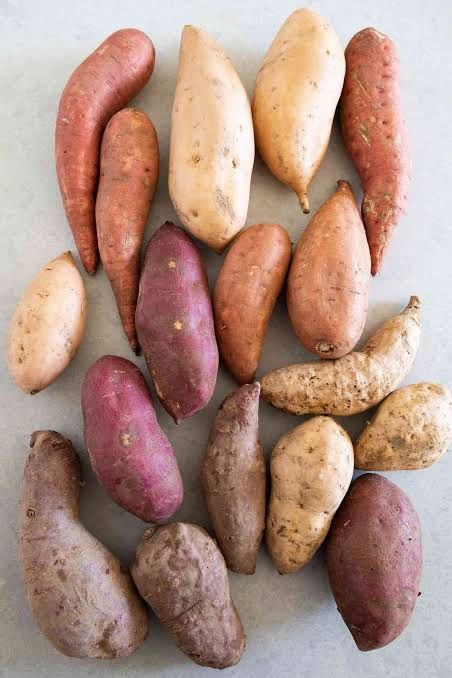Poland Emerges as a Key Importer, Raising Questions for Turkey’s Agricultural Strategy
As reported by Kamil Aşkın, the demand for sweet potatoes in Eastern Europe, particularly in Poland, continues to grow significantly. In 2023, Egypt exported 2,800 tons of sweet potatoes to Poland, marking an impressive annual increase of 33%. Over the past five years, Poland has more than doubled its total sweet potato imports and now ranks as the 15th largest sweet potato importer globally.
The sweet potato market in Eastern Europe is expanding, with countries like Ukraine, Romania, the Czech Republic, and Slovakia showing substantial increases in imports. This growing trend indicates a rising consumer preference for sweet potatoes in these regions, potentially driven by their nutritional benefits and versatility in culinary applications.
A recent report suggests that two major trends will dominate the sweet potato market in Eastern Europe in the coming years: continued growth in imports and an increasing share of direct supplies from countries such as Egypt and, to a lesser extent, Morocco. This shift emphasizes the need for producers and agronomists in the region to consider how they can capitalize on this growing demand.
Given these developments, a pertinent question arises: Why is Turkey, with its suitable geography and climatic conditions, not producing sweet potatoes to meet this rising demand? The country’s agricultural stakeholders, including farmers, agronomists, and policymakers, must evaluate Turkey’s position in the sweet potato market and consider strategies to enhance domestic production.
By addressing these challenges and leveraging Turkey’s agricultural potential, stakeholders can tap into the lucrative sweet potato market, not only to satisfy local demand but also to compete in the growing export market in Eastern Europe.
































